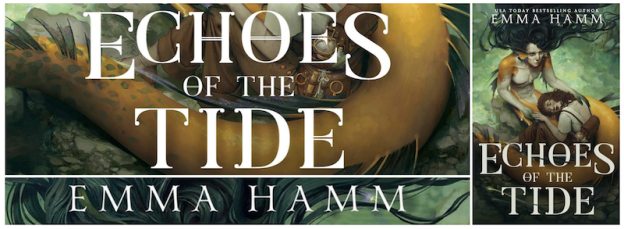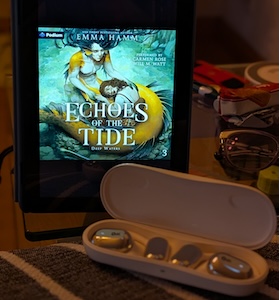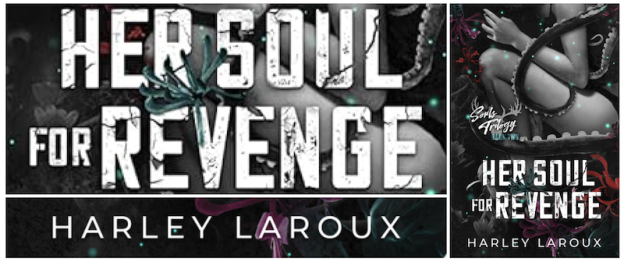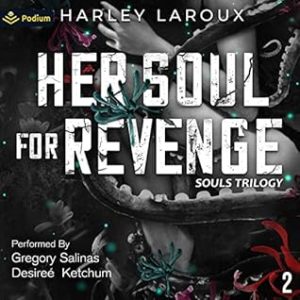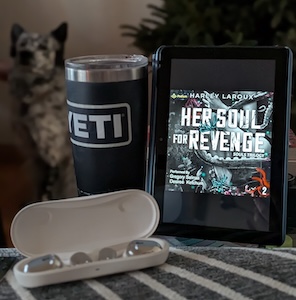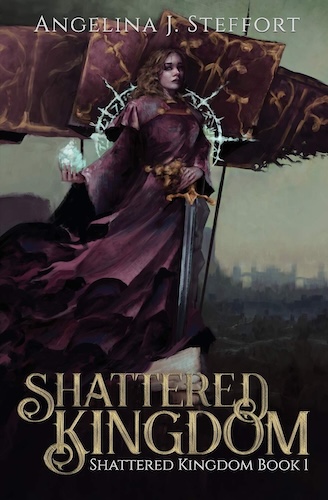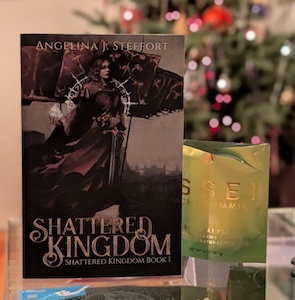I borrowed an audiobook copy of Echoes of the Tide by Emma Hamm through Hoopla. I reviewed Echoes of the Deep and Song of the Abyss, books 1 and 2 of the series, in 2024.
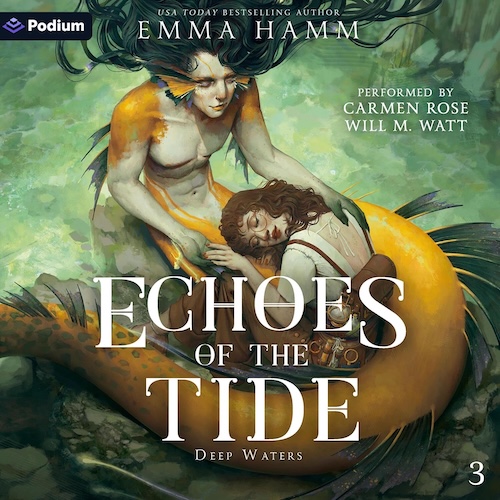
Ace has spent her entire life hiding who she is.
First, it was from friends and family who didn’t know she was stealing from the rich. Then, it was hiding her true self in a prison city under the water. The worst was hiding herself from new friends who helped her destroy Alpha. What she didn’t know was that the decision would force her to come into the light.
Maketes has always been the jokester. No one takes him seriously, and if they do, it’s only because he was born violent. But then he starts talking with a human through droids and finds a kindred spirit in them. When he’s given an opportunity to find out who this human really is, he takes it.
What he finds in that prison city is not just the person he was friends with. He finds a villainous group of people who wish to use him to their advantage and a woman who captivates his entire soul.
Together, they travel through the remains of Gamma, a city long forgotten. While they search for a key that will change how they see the entire world underneath the ocean, they find themselves growing closer. Soon enough, they realize that perhaps hiding their entire lives has prevented them from experiencing the greatest part of life.
Love.

I enjoyed this in a shallow sort of way. I liked the characters a lot, and I see how the events of the book fit into the larger series arc. But somehow I just never found myself particularly invested. There was a lot of swimming around and doing things (and one really questionably convenient coincidence that raised my eyebrows), but not much else. I didn’t feel like there was much chemistry between Maketes and Ace, or maybe the reader isn’t given enough of them to coming to know and appreciate one another. IDK, as I said, I enjoyed it, but I don’t think I’ll remember much of it by tomorrow. The narrators, William M. Watt and Carmen Rose, did an excellent job, though.
Other Reviews:
Bookish Delights: Echoes of the Tide Book Review
